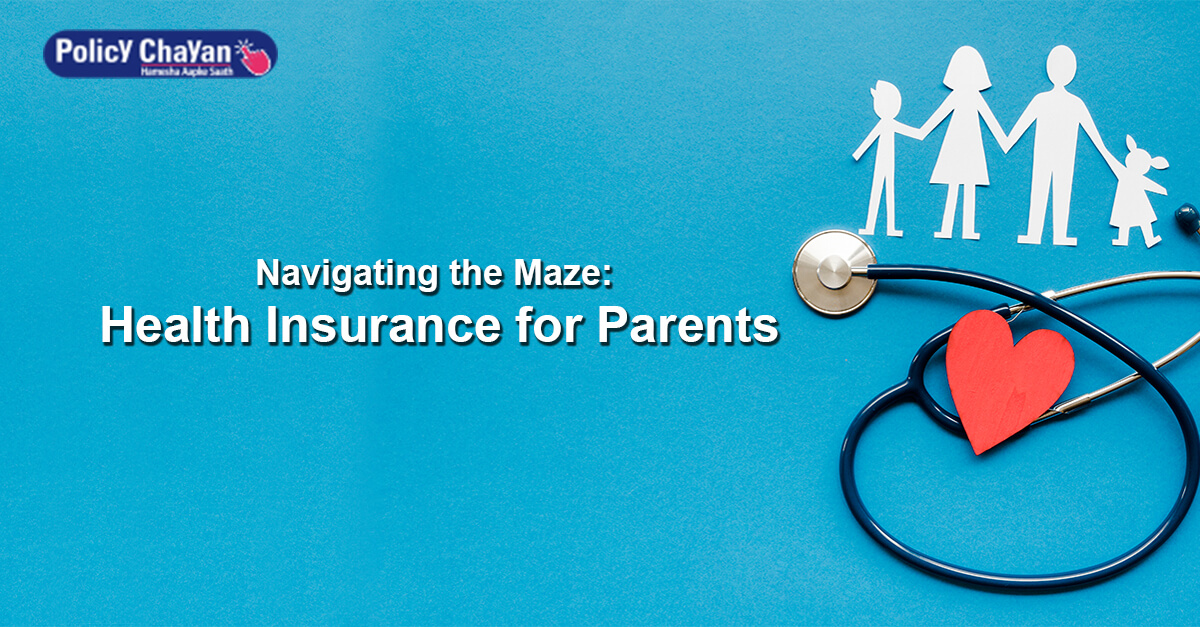Five most important factor of Life Insurance
When considering life insurance, there are several important factors to keep in mind to make an informed decision that aligns with your financial goals and needs. Here are five of the most important factors to consider when evaluating life insurance:
Type of Policy:
- There are different types of life insurance policies, including term life insurance and permanent life insurance (whole life and universal life). Understanding the differences between these types is crucial. Term life insurance offers coverage for a specific term, while permanent life insurance provides lifelong coverage and includes a cash value component.
Coverage Amount:
- Determining the right coverage amount is essential. It should be sufficient to meet the financial needs of your beneficiaries in the event of your death. Factors to consider include your family's living expenses, outstanding debts, future financial goals (e.g., education, mortgage), and any other financial obligations.
Premiums:
- Premiums are the regular payments you make to maintain your life insurance policy. It's crucial to evaluate whether the premiums fit within your budget. Premiums vary based on factors such as your age, health, type of policy, and the coverage amount. Be sure to understand how premium costs may change over time, especially with some types of permanent life insurance.
Underwriting and Health Considerations:
- Your health and lifestyle play a significant role in determining the cost of your life insurance policy. Insurers typically require a medical exam or a review of your health history. If you have pre-existing health conditions, it can affect your eligibility and premium rates. It's important to be honest during the underwriting process.
Beneficiaries and Policy Riders:
- You'll need to designate one or more beneficiaries who will receive the death benefit when you pass away. Review and update your beneficiary designations as your life circumstances change. Additionally, consider any policy riders or additional features that may be available to enhance your coverage, such as critical illness riders or disability income riders.
While these are five of the most important factors, it's essential to consult with a qualified insurance agent or financial advisor who can provide personalized guidance based on your specific situation. Life insurance is a significant financial decision, and selecting the right policy requires careful consideration of your current and future needs, as well as an understanding of the policy's terms and conditions.









.png)
